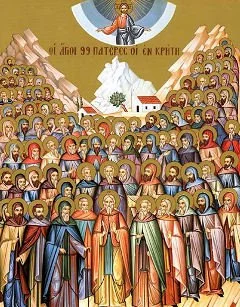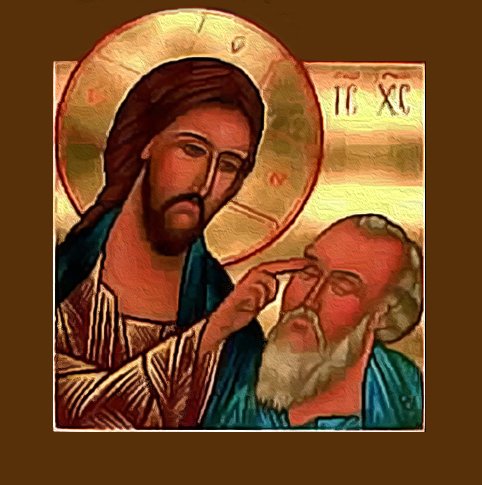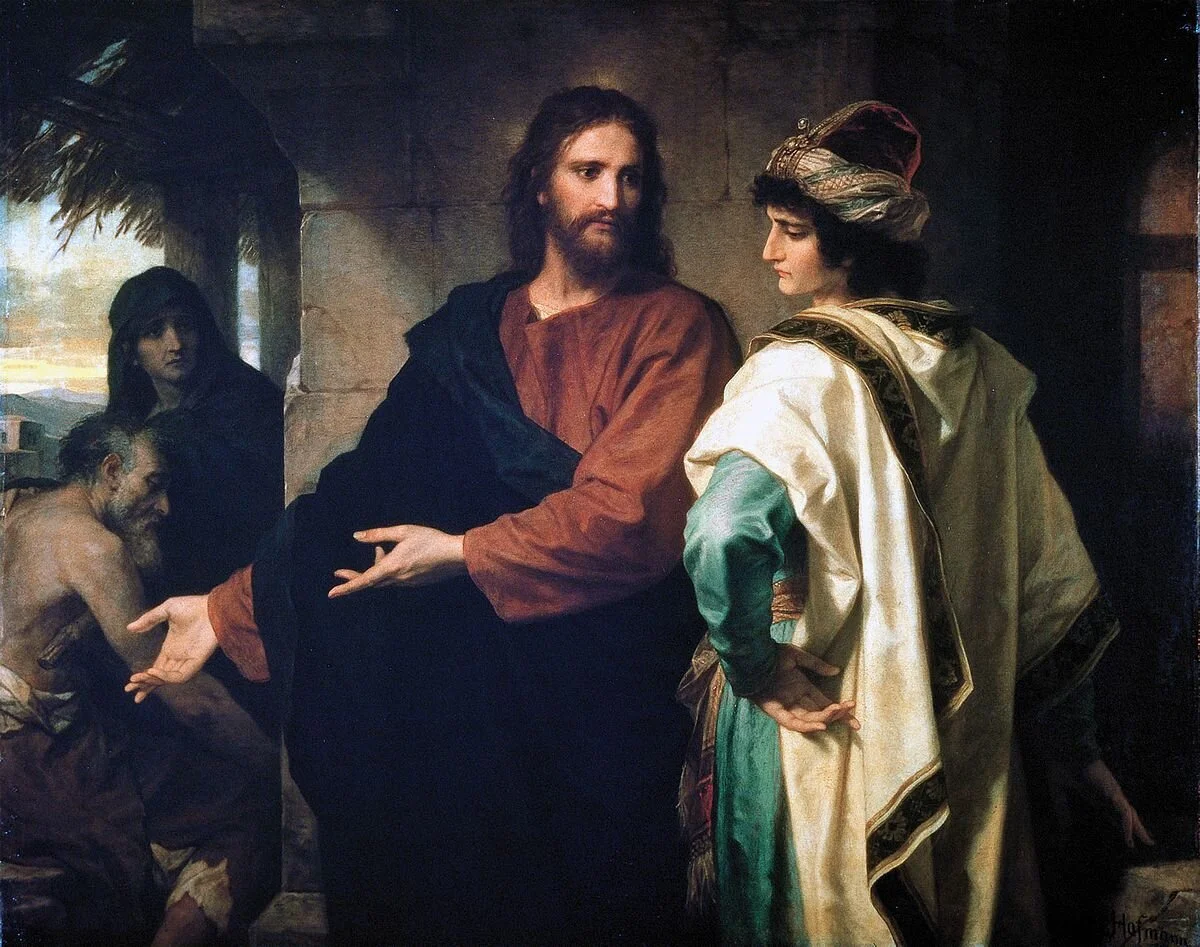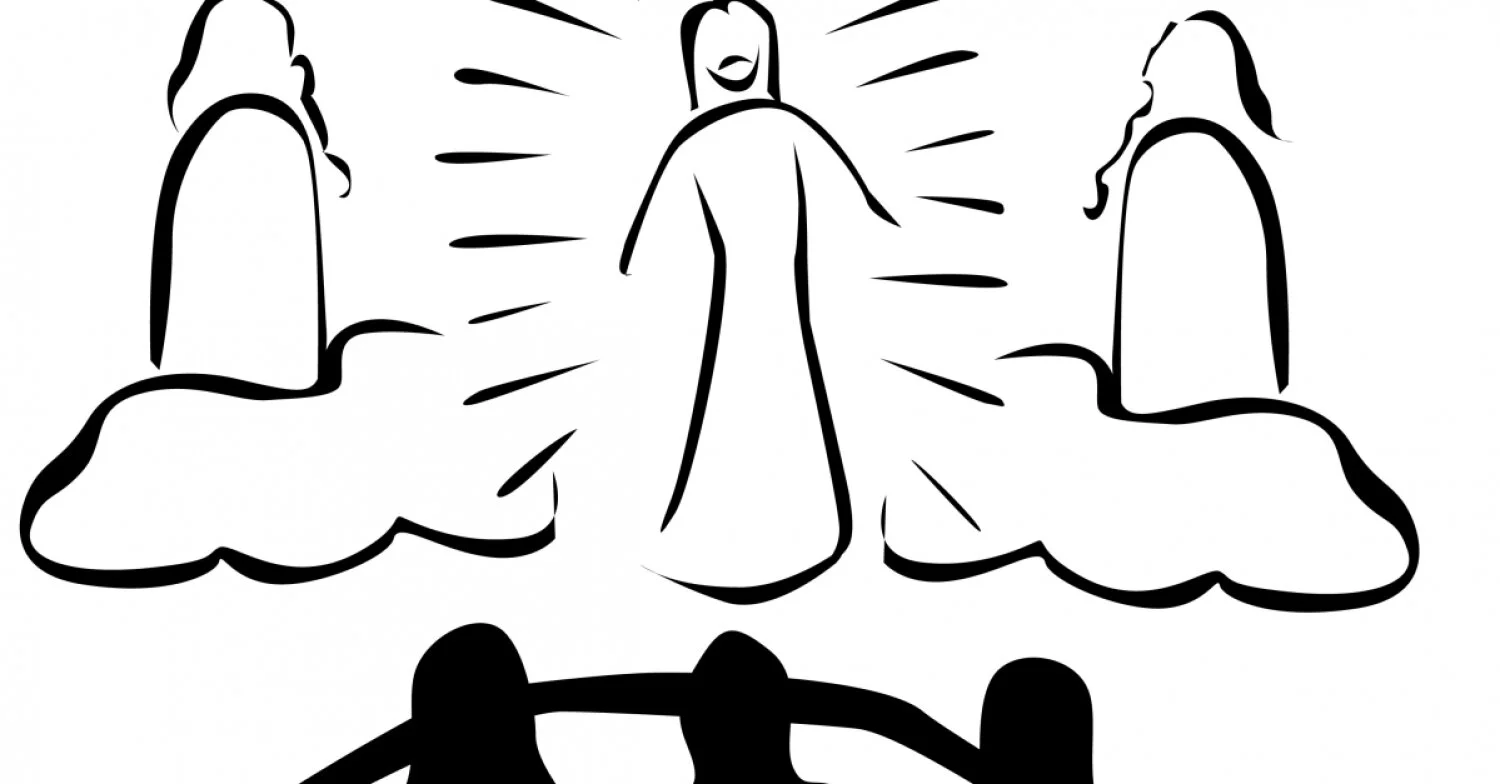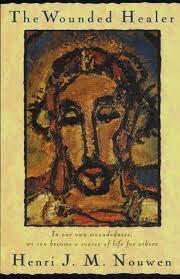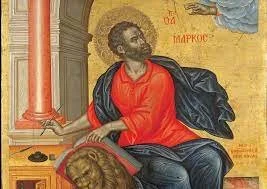The Rev’d Richard G. Proctor, OA
Christ the King Episcopal Church
All Saints’ Sunday: 11/7/21
I’d like to begin today by inviting you to turn to page 312 in your Red Book of Common Prayer. The first paragraph addresses when it is preferable to celebrate the sacrament of Holy Baptism. [read paragraph]
Why does it matter when we get baptized? What if these dates don’t line up with our family travel plans? What if these dates aren’t convenient for us? Shouldn’t I get to decide when I want my child or me to be baptized? These are all questions I have had to answer as a priest. And I understand; there is indeed a deeply personal component to the sacrament of baptism. In a theologically profound way, baptism is – in part - about “me and my salvation.” And I don’t think that we should discount that side of the equation. And that is why, up until 1979, the norm for baptisms in the Episcopal Church was that they were done privately, on whatever date was convenient for the family and the priest.
One of the most radical changes brought forth by the 1979 Book of Common Prayer was the shift to the recommendations that I had us read just a moment ago. Baptism was to be celebrated within the community of believers – within the Body of Christ into which the person was being grafted. This shift in focus is actually very radical, because it reminds us that once we are baptized, our primary familial identity shifts from our immediate family to our church family.
Now turn with me to the bottom page 307. Whenever you see the italicized capital letter “N”, that means name. Elsewhere in the prayer book, you will see two italicized N’s, indicating that the presider is to say the person’s first and last name. But in a few moments, when I baptize James, you can see here that I will only use his first name. If someone ever asks you “What is your Christian name?” they mean, “What is your first name?” Because once you are a Christian, your last name is no longer your primary identity. You become a member of a much larger, deeper, wider, and older family. You become a member of Christ’s very own Body.
So that is why baptisms in most cases are not to be private, family-only events. Baptism, though deeply individual and personal, is also more than that. It is deeply individual and personal, but within the larger framework of the community of believers into which the baptized are being reborn – or born again into new life in Christ.
And our belief that James’ family is about to get a whole lot larger and older today is why the Church choose All Saints’ Day – or the Sunday after All Saints’ Day – to be one of the four most preferred dates for baptism. Yes, James is about to be initiated into the Body of Christ that is represented by Christ the King Episcopal Church. But his Christian family will be larger than the 305 or so baptized members here at Christ the King. It will be much larger than the Episcopal Church, or the worldwide Anglican Communion. James is going to be grafted into the Body of Christian Saints – capital “S” and lowercase “s” who have gone before him. James will be the brother of Matthew, Mark, Luke, and John. Mary, Martha, and Mary Magdalene. Paul, Timothy, and Titus. Francis and Clare of Assisi. All of the Saints who we remember today as being exemplary models for faithful, devoted, courageous Christian living. They are his brothers and sisters in Christ.
But today we also celebrate All Souls’ Day, which is always the day after All Saints’ Day - November 2. All Souls’ Day – or the Commemoration of All Faithful Departed – is when we celebrate and remember those Christians who didn’t make the “Hall of Fame” so to speak. The faithful, devoted, courageous Christians who never became famous for it. Sunday school and Vacation Bible School teachers. Choir directors. Youth Group leaders. Teachers. Administrators. Coaches. Doctors. Nurses. Counselors. Artists. Musicians. Mothers. Fathers. All who went before us today and modeled what it is like to live one’s life as a Christian – what it is like to love God and love your neighbor. Yes indeed, James’ family tree is about to get much, much larger and more diverse.
But today isn’t only about the capital “S” Saints and lower case “s” saints. And it’s not only about James and for James. Another reason that the Prayer Book has us celebrate the sacrament of Holy Baptism at a public service within the community of believers is so that those of us here today who witness this holy mystery can remember and reflect on our own baptisms.
And today is also for those who are not yet baptized. I can’t think of a better way to invite someone to consider “taking the plunge” than to have them witness this simultaneously solemn and joyful holy mystery. Telling people about it is one thing – having them witness and participate in it themselves is much more impactful and faithful to our calling to be evangelists. So today is for the rest of us too.
Think about it. Back in the day of private, family-only baptisms, those who do not have children of their own may never have had the opportunity to witness and participate in a service of Holy Baptism aside from their own. And they may not even remember that one if they were baptized as an infant. That is why we are all here today. And that is why we will all renew our own Baptismal Covenant in a few moments. Today is James’ special day. But it is our special day. Let us rejoice and be glad in it!


